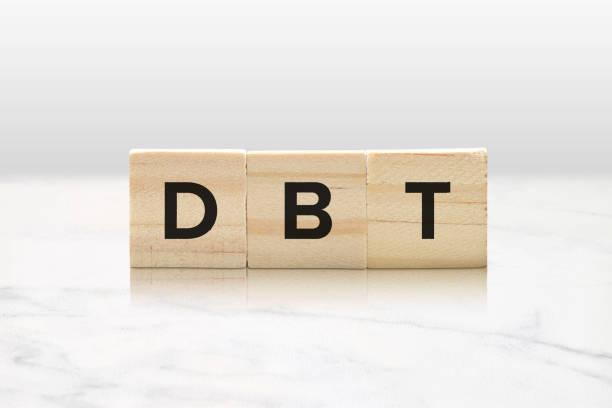Dialectical Behavior Therapy (DBT) Beginner’s Guide

- posted: Nov. 22, 2023
Dialectical Behavior Therapy, commonly known as DBT, is a type of psychotherapy that is used to help people who experience intense and overwhelming emotions. It is especially helpful for those who have difficulty regulating their emotions, have a history of self-harm or suicidal ideation, and struggle with relationships.
The term "dialectical" refers to the balance between two seemingly opposite things. In DBT, this means finding a balance between acceptance and change. The goal is to learn to accept yourself and your emotions as they are, while also working to change maladaptive behaviors and thought patterns.
One of the main components of DBT is skills training, which includes mindfulness, emotion regulation, distress tolerance, and interpersonal effectiveness. Mindfulness involves being present and non-judgmental in the moment, while emotion regulation focuses on identifying and managing emotions in a healthy way.
Emotion regulation skills aim to help individuals understand and manage their emotions effectively, even in stressful or triggering situations.
Distress tolerance skills teach individuals how to cope with distressing situations without turning to harmful behaviors, and interpersonal effectiveness focuses on improving communication and relationships with others.
The interpersonal effectiveness skills taught in DBT are designed to help individuals communicate effectively, manage conflicts, and build healthy relationships.
Another key aspect of DBT is individual therapy, where clients work with a trained therapist to learn and practice skills and address specific issues. Group therapy is also a component of DBT, where individuals can share experiences and learn from others.
Overall, DBT can be an effective treatment option for individuals who struggle with emotional regulation and have a history of harmful behaviors. It emphasizes acceptance and change, while teaching practical skills to improve overall well-being. If you are interested in DBT or feel that it could benefit you, it is important to speak with a mental health professional who can provide further information and guidance.
